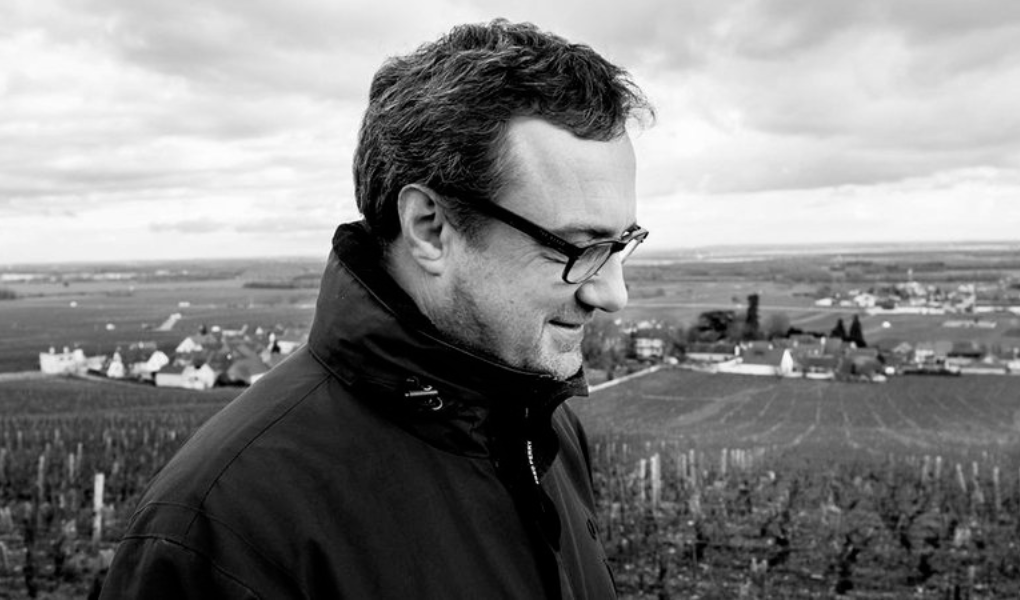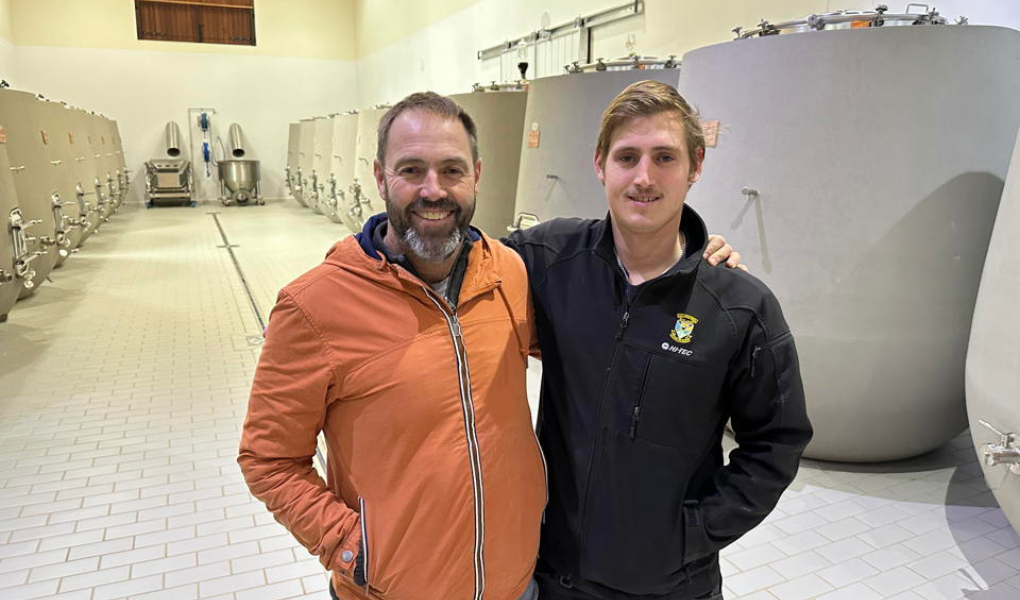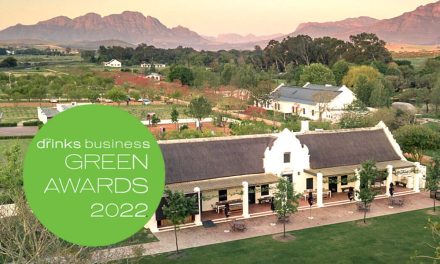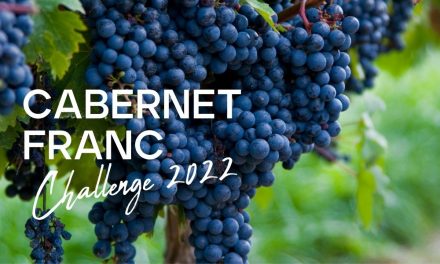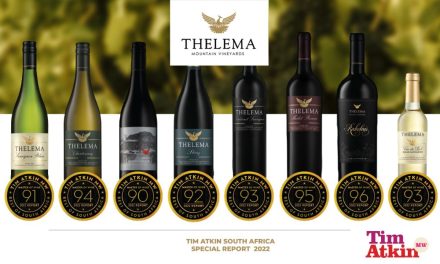A wine scene between tradition and innovation
Neal Martin, renowned wine critic and columnist, takes us on a journey of discovery through South Africa’s wine scene in his latest article. His impressions are honest, reflective and show the diversity and challenges of a region that many still underestimate.
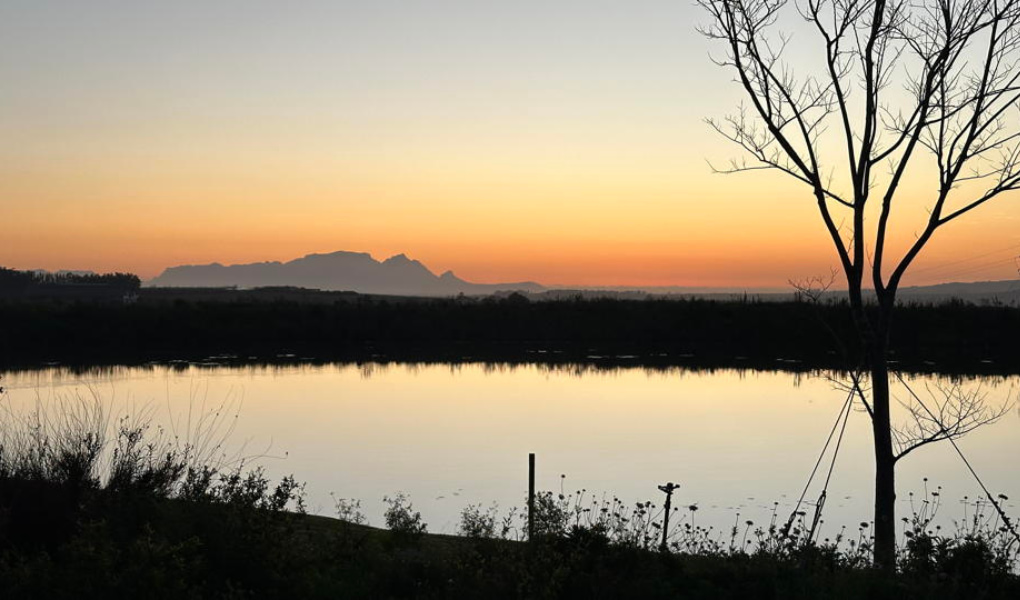
Quality beyond the supermarket shelves
“The discrepancy between the cheap supermarket wines and the high-quality wines produced by winemakers like Eben Sadie and Chris Alheit is huge,” writes Martin. South Africa offers a rich variety of quality wines that are often available for a fraction of the price one would pay in other wine regions. These affordable yet outstanding wines are an impressive demonstration of what the country has to offer. However, although many of these wines receive top marks worldwide, they are often classified as “too cheap” and not taken seriously enough.
For Neal Martin, this is one of South Africa’s particular strengths – the opportunity to appeal to a broad base of new wine lovers who are perhaps just beginning to explore the world of fine wines. Behind the inconspicuous price tags are true treasures waiting to be discovered.
Eben Sadie with his son Markus.
Old vines and the legacy of Cape viticulture
At first glance, South Africa may appear to be a typical “New World” wine country, but it has one surprising feature: some of the oldest vines outside of Europe. In his article, Neal Martin emphasizes how valuable these old vines are, some of which date back to the early 20th century. These historic vineyards give South African wines a depth and strength of character that few regions can match.
Thanks to the Old Vine Project (OVP), an initiative dedicated to the protection and care of these rare vines, this precious heritage is being preserved. The project not only secures the future of the vines, but also enables consumers to discover the special quality of these wines. Martin enthuses: “The Old Vine Project safeguards a heritage and offers consumers a unique quality that is rare in the southern hemisphere.”
For Neal Martin, this project is more than just a contribution to environmental protection. It is a tribute to the country’s terroir and history, which can be found in every sip of these old vines. South Africa is showing that it not only has modern innovations, but also a deep connection to the past – and it is precisely this combination that makes the wines from these historic vineyards so special.
Pinotage and Chenin Blanc – the heart and soul of South Africa
While Pinotage is often regarded as the national grape variety of South Africa, Neal Martin sees the true soul of the region in Chenin Blanc. Over the years, this versatile grape has found its place in South African wine culture and impresses with its versatility. “Chenin Blanc can be more multifaceted than almost any other grape variety and is developing into a real icon here,” Martin describes enthusiastically. The country’s winegrowers use the versatility of this grape masterfully, resulting in wines that range from fresh and fruity to complex and storable – a range that hardly any other grape variety offers. Chenin Blanc in South Africa is a perfect reflection of the terroir and the willingness of its winemakers to experiment.
Pinotage, which for a long time was rather ridiculed and often labeled as rustic, is now experiencing a real renaissance. In the hands of a new generation of talented winemakers, Pinotage is now showing a whole new side – elegant, structured and expressive. Winemakers such as Kanonkop and Scions of Sinai are proving that Pinotage is more than just a regional curiosity. They bring out the full potential of this grape variety, which is now once again proudly part of South Africa’s identity, paving the way for an exciting future.
For Neal Martin, Chenin Blanc and Pinotage combine the best of the South African wine scene: innovation, tradition and a distinct character. Both grape varieties are deeply rooted in the country and embody its special winemaking history as well as the exciting prospects for the coming years.
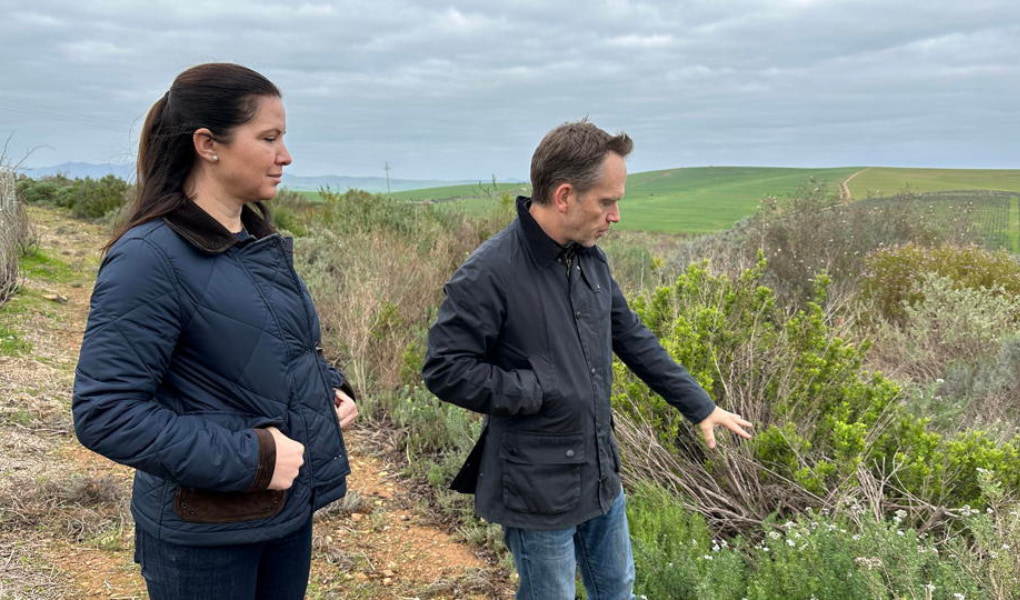
Chris and Mullineux show off their fynbos plants on their Roundstone farm.
Climate change and the adaptation of winegrowing practices
Martin emphatically describes the drastic weather extremes that winegrowers have had to cope with in recent years – from drought to extreme rainfall. But the winegrowers are not discouraged and are increasingly turning to sustainable cultivation methods. Biodynamic techniques, the use of fynbos plants for soil conservation and natural pest control using animals such as sheep and ducks are common practices today, which Martin describes as innovative responses to climatic challenges.
A strong community and a spirit of solidarity
Neal Martin is particularly moved by the strong community he has experienced among South African winegrowers. The winegrowers in the country are not only passionate about their craft, but also deeply connected with each other. “In a country with limited resources, mutual support is everything,” Martin emphasizes, highlighting the importance of this solidarity. The winegrowers stand by each other, share experiences and help each other in difficult times – a mentality that Martin finds unique.
This strong sense of solidarity gives the South African wine world a very special dynamic. Winegrowers often work hand in hand to make the best use of their resources and benefit from the knowledge and skills of their colleagues. This spirit of collaboration not only ensures high quality wines, but also brings an energy and passion to the industry that Martin describes as exceptional.
For Martin, it is this special bond that distinguishes and inspires South Africa as a wine country. It shows that viticulture here is not just an individual task, but a joint project in which everyone pulls together. In an industry that is often characterized by competition, South Africa remains an example for other wine regions through its cohesion and common pursuit of excellence.
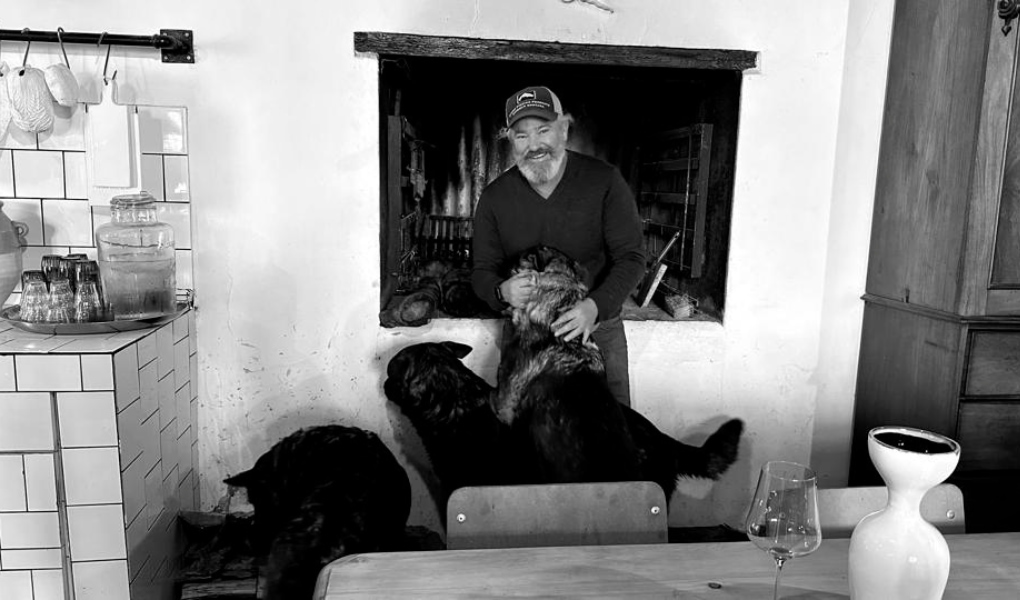
Adi Badenhorst’s expanded business supplies many winegrowers with fruit.
A perspective on the future
Neal Martin is convinced that the South African wine scene is not only rich in history, but also full of innovative spirit and authenticity. In a world that is increasingly focusing on exclusivity, South Africa stands for an inclusive and accessible wine culture. Martin leaves no doubt that this region will play an even bigger role on the global wine stage in the future. Anyone who has not yet tasted the special wines from the Cape should be inspired by Martin’s passionate article – and embark on a journey into the world of South African wine for themselves.

